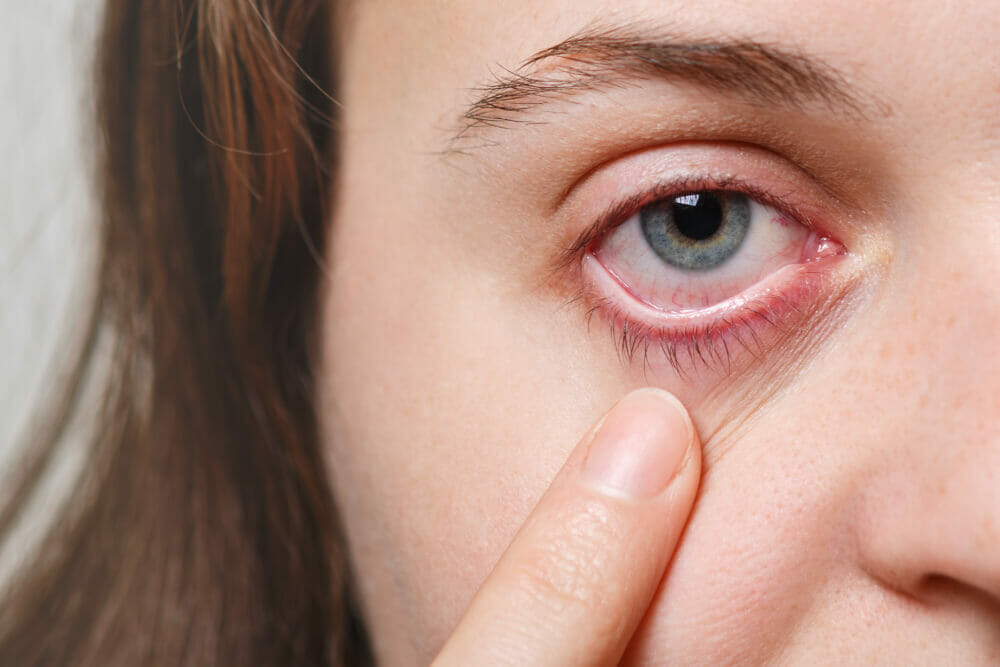It is estimated that up to 49 million Americans suffer from dry eyes, and this trend is only expected to continue.
Dry eye is a common eye condition that occurs when the eyes do not produce enough tears or the tears evaporate too quickly. This can cause discomfort, inflammation, and vision problems. Many factors can contribute to dry eye, including age, gender, medications, and certain medical conditions. One factor that can significantly increase the risk of dry eye is smoking.
How does smoking cause dry eye?
Smoking has a negative impact on many parts of the body, including the eyes. It damages the blood vessels and tissues, including those in the eye. This can lead to decreased tear production, as well as inflammation and irritation of the eye.
In addition to the direct effects of smoking on the eyes, it can also contribute to dry eye indirectly. For example, smoking can decrease the effectiveness of some dry eye treatments, such as artificial tears. It can also increase the risk of other conditions that can cause dry eye, such as allergies and autoimmune disorders.
Symptoms of dry eye caused by smoking
The symptoms of dry eye caused by smoking may include:
- Burning or stinging sensation in the eyes
- Redness or swelling of the eyes
- Discomfort or irritation when wearing contact lenses
- Sensitivity to light
- Blurred or fluctuating vision
- Excessive tearing (in some cases)
If you are a smoker and are experiencing any of these symptoms, it is important to see your doctor to determine the cause and receive proper treatment.
Treatment options for dry eye caused by smoking
If you are a smoker and are experiencing dry eye symptoms, quitting smoking is the most effective way to improve your symptoms and overall eye health. However, quitting smoking can be challenging, and it is important to have a plan in place and seek support from friends, family, or a healthcare provider.
In addition to quitting smoking, there are several other treatment options that can help manage dry eye caused by smoking:
Artificial tears: These can help lubricate the eyes and provide temporary relief from dry eye symptoms.
Prescription eye drops: Some eye drops contain medications that can help improve tear production or reduce inflammation.
Punctal plugs: These small plugs can be inserted into the tear ducts to help keep tears in the eye longer.
Meibomian gland expression: This procedure involves gently massaging the glands that produce tears to improve their function.
IPL: This procedure heats the meibomian glands while reducing inflammation on the ocular surface.
Lifestyle changes: Making certain lifestyle changes, such as using a humidifier, taking breaks from screens, and blinking more frequently, can also help manage dry eye symptoms.
Schedule a Dry Eye Exam
Smoking is a major risk factor for dry eye, and it can have a negative impact on the health of the eyes. If you are a smoker and are experiencing dry eye symptoms, quitting smoking is the most effective way to improve your symptoms and overall eye health. In addition, there are several treatment options that can help manage dry eye caused by smoking. It is important to see your eye doctor for proper diagnosis and treatment.











